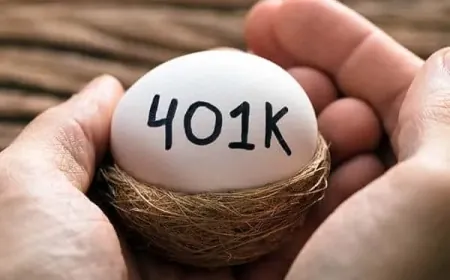U.S. Inflation Holds Steady, Consumer Spending Inches Up: What It Means for Your Wallet
Understand the impact of stable U.S. inflation and modest consumer spending on financial decisions. Stay informed for smarter money management.

In May, inflation in the United States stayed the same, while consumer spending saw slight improvement, which could influence how the Federal Reserve handles interest rates later this year.
The Commerce Department's Bureau of Economic Analysis reported that the price index for what Americans buy and use, called the Personal Consumption Expenditures (PCE) index, didn't go up last month after a 0.3% increase in April. Over the past year, prices measured by this index went up by 2.6%, slightly lower than the 2.7% increase in April, but in line with what experts expected.
This steady inflation comes after the Federal Reserve raised interest rates several times since 2022 to slow down the economy. Despite these efforts, prices are still higher than the Fed's goal of 2%.
When you take out prices that change a lot, like food and energy, the core PCE index only went up by 0.1% in May, following a 0.3% increase in April. Over the past year, this core inflation rose by 2.6%, the smallest increase since March 2021, down from 2.8% in April.
The Federal Reserve watches these inflation measures closely to decide on things like how much interest to charge. They want to see inflation go up about 0.2% every month to keep prices steady in the long run.
Since last July, the Federal Reserve has kept its main interest rate between 5.25% and 5.50%. Even though leaders at the Fed recently said they might be more careful, many investors think the Fed will start lowering rates in September.
Consumer spending, which is how much Americans buy and is really important for the economy, went up by 0.2% in May after going up 0.1% in April. But worries about prices going up, higher costs to borrow money, slower growth in paychecks, and less money saved up have slowed down how much people spend.
Because people are spending less, the economy only grew by 1.4% in the first three months of the year, which is less than the 3.4% growth at the end of last year. Experts think the economy will only grow by less than 2% in the next three months.
Understanding these economic trends can help you make decisions about things like saving, borrowing, and spending money wisely as these changes affect everyone's financial decisions.
Also Read: H&M Plans Increased Discounts to Revitalize Sales Amidst Market Competition































































